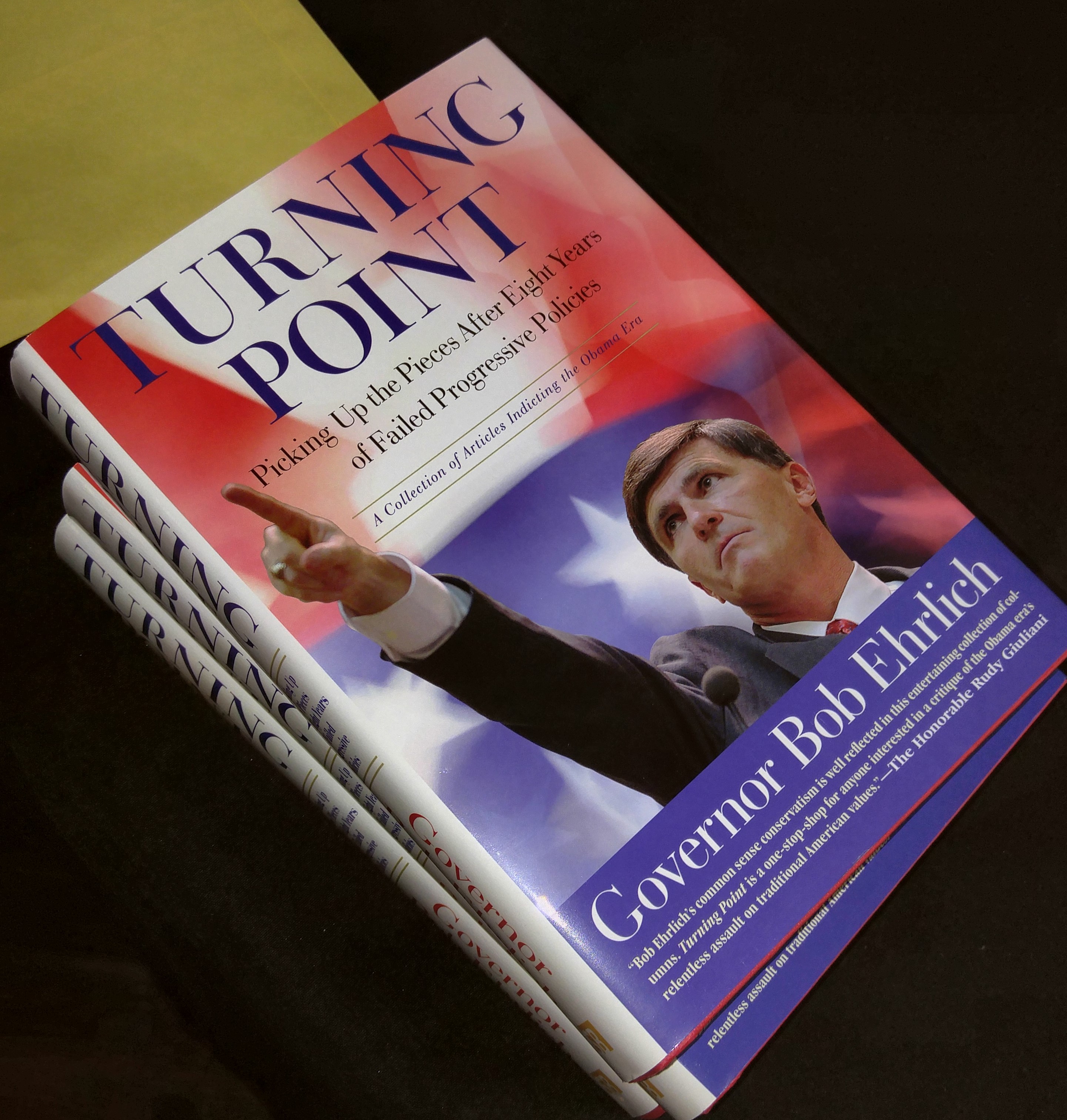This time we meant it. After having a last-minute meeting called last month, a little planning made this month’s meeting go a long way. It got off to an unusual beginning as the Jaycees meeting in the next room joined us for the Pledge of Allegiance before we went solo on the Lord’s Prayer. (Usually we do this in reverse – as a former WCRC president once said, God before country. I think that it was the late George Ossman who introduced that tradition.)
The meeting was jam-packed with information because we had two speakers. It was suggested to us that we have Anthony Gutierrez from the Board of Elections in to go over the new paper-ballot voting machines we will be using, so he led off the evening with a pair of short videos explaining how they will work. For early voting there will be one ADA unit (which is slightly enhanced for those who are physically impaired but can be used by anyone) and two optical scanner units. Filling out a paper ballot is like filling out the standardized tests you had in school except you fill the circle in with an ink pen.
There were a few other election notes he passed along, including the fact that over 10,000 Wicomico voters will not be participating in April’s primary because they are unaffiliated. (This is out of about 58,000 total.) Gutierrez noted as well that the last Presidential primary with no incumbent (2008) had 48.9% for a February primary, but he predicted April’s turnout would be more like 35-40%. There will be five separate races on the ballot, he added: President, U.S. Senate, Congressional representative, and delegates/alternate delegates to the national convention. Voters will be sent their specimen ballots the Monday before early voting begins.
Mark McIver of the Central Committee asked whether more election judges were needed, and Gutierrez said they were fine for the primary. But he encouraged those interested to apply anyway for November and to be backups in case they have a need in April. Compensation for the day is $250.
Another question about same-day registration came up, and Anthony replied that it would be effective only for early voting. Some voters who had MVA information in the system would be “precleared,” he added.
I asked if the new machines would result in delays, but Gutierrez noted from the experience he had with observing these machines in other elections that the process was actually faster. They would use the primary to make adjustments for the larger turnout in November, he added.
Once Gutierrez wrapped up, our other featured speaker began. Having served as the co-chair of the Redistricting Reform Commission (RRC), Walter Olson came to speak about Maryland’s gerrymandering and the commission set up to suggest improved voting districts. Legislation to create a non-partisan redistricting body was introduced earlier this session, with hearings next week in both the House and Senate.
“I think we’ve got to end the practice of drawing our congressional districts so that politicians can pick their voters and not the other way around.” Those weren’t the words of Walter Olson; it’s a quote from the most recent State of the Union speech Barack Obama delivered. He also made the point in Illinois during a recent appearance there, said Olson. Moreover, 70 percent of Maryland residents would prefer an independent commission, which is fitting: since North Carolina’s gerrymandering (considered the worst in the country) was struck down in court, the new number one worst was the great state of Maryland.
With the recalcitrant Democrats being placed in an uncomfortable position of being against both their president and the voting public – as Olson pointed out, “they’re not happy with what we’re doing” – their only response was to complain that five hearings around the state weren’t enough. And “did we ever get an earful” at the hearings, said Walter. Districts were created not to fairly represent, but “to reward and punish” legislators. Olson handed out a chart that clearly showed how the system was exploited: all but 6 Republicans represent districts with larger-than-average population, while Democrats represent all but one of the smallest 25 districts. (The one Republican who represents a small district won election in 2014 over an incumbent Democrat.) Needless to say, Mike Miller and Michael Busch are “not enthusiastic” about this proposed change, even though it’s been debated off and on over the last half-century.
The RRC was an 11-member commission, with seven selected by Governor Hogan (3 from each party, plus one unaffiliated) and two from both the House and Senate, one from each party. Their report of suggestions were based mainly on those adopted by California, with some tweaking to fit our Constitution. The report was adopted by a 9-2 vote, and you can imagine which party had the two and where they came from to serve on the RRC. The legislation introduced on Hogan’s behalf has “most of” the recommendations, Olson added.
What the RRC asked for was stronger criteria for population, with just a 1% variation. Districts had to comply with the Voting Rights Act, of course, but also needed to be congruent, contiguous, and compact. No more “blood splatters at a crime scene,” as Olson described Maryland’s Third Congressional District.
The redistricting body itself was intriguing to me. Applicants would be screened to make sure they weren’t connected to the process as members of the legislature, their families, etc. After that, they would be placed into groups representing each of the two principal parties and unaffiliated/minor party voters, those who hadn’t switched registration recently. Out of 10 applicants in each pool (Republican, Democrat, unaffiliated) selected based on these criteria, three of them would be randomly chosen to serve on the body, with the chair chosen out of the three unaffiliated members.
But the cool part was that anyone could submit a map. Olson said that Pennsylvania’s map, which replaced a gerrymandered original done by the legislature, was done by a piano tuner who submitted a map which best complied with the requirements.
In the question-and-answer period, Olson stressed that the redistricting body would do both Congressional and state legislative districts. But it likely wouldn’t be pressed into service until after the next census because it was unlikely the system in place now would be overturned unless it was found to be a Voting Rights Act violation. A suit by Judicial Watch regarding Maryland’s gerrymandering was “somewhat of a long shot” to succeed, assessed Olson.
Walter also was careful to add that, while he works at the Cato Institute, the Institute is not involved with this. He was doing this as a private citizen.
Finally, we got to club business. The treasurer’s report was given by Muir Boda, who has stepped in to become treasurer since the previous officeholder had to resign to take a job across the Bay. We are working out kinks in the accounts since they were based on her e-mail.
Mark McIver reported for the Central Committee. After a moment of silence for Blan Harcum, we learned his funeral will be Saturday, March 5 at Holloway Funeral Home, with visitation the evening before. He also related that he testified for the elected school board bill, which has now passed the full Senate (with a clean sweep 47-0 vote, by the way.)
Julie Brewington, speaking on behalf of the Ted Cruz presidential campaign as its Lower Shore coordinator, announced she had county chairs in each of her counties and was seeking sign locations along U.S. 50.
I made a motion to clean up some business so we could have our officer elections, and all five officers were nominated and elected by acclamation. I’m going to use Julie Brewington’s photo here. (She posted it on social media last night, so she gets the credit.)

From left to right, it’s Treasurer Muir Boda, First Vice-President Dave Snyder, President Shawn Jester, Second Vice-President Shawn Bradley, and Secretary Michael Swartz. (Me on the far right – whooda thunk it?)
We found out from Jackie Wellfonder that the Ehrlich book-signing was rescheduled for Friday, March 11 and relocated to the lobby of the City Center building, adjacent to Roadie Joe’s. She was hoping to coordinate with the College Republican event that has to be similarly rescheduled, but the date didn’t work with SU.
Woody Willing reminded us the WCRC Scholarship was still available, but the deadline was fast approaching (March 1.) Graduating seniors from any Wicomico County school (public, private, or homeschooled) are eligible provided they complete the application process. I asked if the application could be put online.
Willing also asked if we could make our annual YMCA donation, which was met with the club’s approval.
Julie Brewington returned to announce the Republican Women of Wicomico would next meet March 2, with Mitzi Perdue as the speaker.
Joe Ollinger and John Palmer gave us some news about the Wicomico Board of Education, which was getting deeper into its superintendent search. They should be close to selecting the next time we meet, said Ollinger. Various focus groups comprised of about 75 people total were considering the applicants, added Palmer. John also said we were “on track” to getting Board of Education meetings on PAC14.
Nate Sansom updated us on the Teenage Republicans, which would have their first meeting March 4 at the Centre of Salisbury library branch. This led to Patty Miller being asked to fill us in on the SU College Republicans, which are having a fundraiser at the Greene Turtle March 21 and are “working on some big things.”
Matt Maciarello updated us briefly on legislation he was interested in, adding the Eastern Shore delegation is “working so hard” on these items. Included in his assessment was the bomb threat prosecution bill sponsored by Mary Beth Carozza as well as a bill dealing with sex offenders.
As you can tell, it was a meeting full of information that we somehow crammed into about 90 minutes. Our next gathering will be March 28, with U.S. Senate candidate Dave Wallace the first statewide candidate to stop by one of our meetings since 2013.






